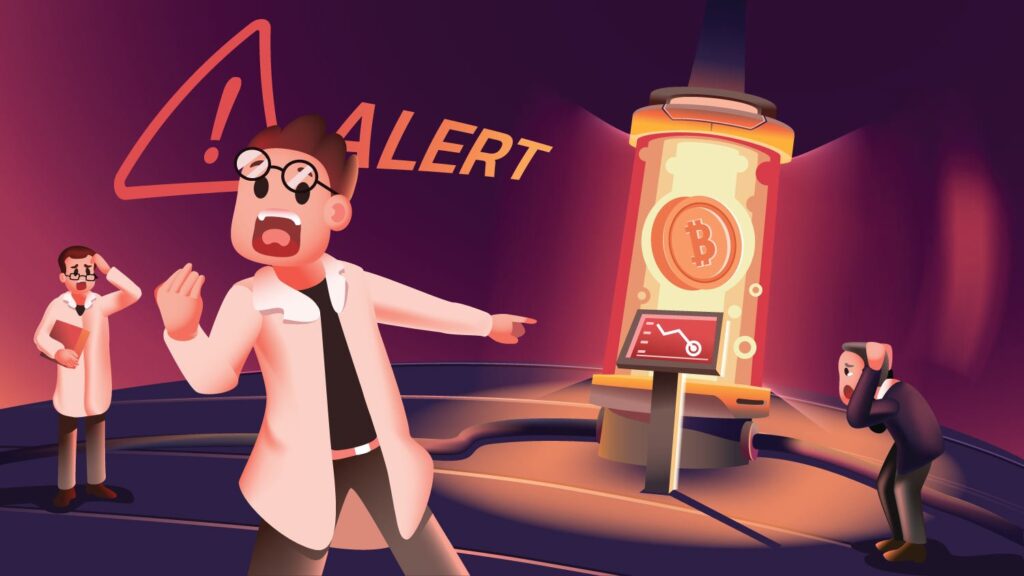the is the oldest trope in Pakistani politics. On July 15th the government declared that Pakistan Tehreek-e-Insaf (pti), the party of Imran Khan, a popular former prime minister who is currently in jail, is involved in “anti-state activities”. The allegations? That the pti sabotaged negotiations with the International Monetary Fund (imf) and hired an American lobbying firm. For good measure the government is also initiating high-treason proceedings against Mr Khan, a crime that attracts the death penalty. “Imran Khan and Pakistan cannot go together,” said Attaullah Tarar, the information minister.

The harassment of the opposition suggests that the minority government of Shehbaz Sharif, the prime minister, is feeling the heat. On July 12th the Supreme Court returned the pti to Parliament: the party had been barred from contesting the general election in February, forcing its candidates to run as independents. The Supreme Court also declared that the pti is eligible for a share of parliamentary seats reserved for women and non-Muslims. This means that Mr Khan’s party looks set to become the largest in Parliament. More damagingly for Mr Sharif, his hopes of assembling a two-thirds majority, and with it the power to amend the constitution, appear to be over.
This judicial setback for the government comes alongside other bad news. On July 13th Mr Khan was acquitted in an unlawful-marriage case, one of the three convictions for which he was sentenced to a combined 34 years earlier this year. (Mr Khan looks set to face new charges of graft.) In his press conference Mr Tarar claimed that Mr Khan and his party got “undue relief” from the courts. He has said the government will appeal against the Supreme Court’s decision.
The day after the announcement, the deputy prime minister seemed to waver, saying that no decision has been made yet over whether or not to ban the pti. If the government did go ahead, however, a long-dormant constitutional process would be activated, requiring the government to declare the pti’s actions “prejudicial to the sovereignty or integrity of Pakistan”. The ban would then have to be referred to the Supreme Court for a final decision. Can the government ask the court that just returned the pti to Parliament to ban it altogether? “Legally it does not make sense at all,” says Ali Zafar, a pti senator.

Quixotic as a ban is, the government may be tempted to come good on its threat. Pakistan’s generals, who have backed Mr Sharif since falling out with Mr Khan in 2021, tried to rig the election in February. But they failed to deter Mr Khan’s voters. And Mr Sharif’s party, the Pakistan Muslim League Nawaz (pmln), failed to bring out its voters, who were seemingly turned off by Mr Sharif’s earlier stint supplanting Mr Khan in 2022.
The government is beleaguered in other ways, too. On July 12th the imf approved a 37-month $7bn bail-out, the country’s third in five years. External debt and liabilities have climbed to $130bn, or 70% of gdp. Interest payments on debt are more than half of government revenue. Mr Sharif has committed to raise the tax-to-gdp ratio from a lowly 9% to 12% and to tax the retail and agricultural sectors. But these are core political constituencies of the pmln and its allies. The government has already had to reverse electricity price rises for the poorest consumers after a backlash. Growth, which was negative last year, is forecast to be 2.4% this year.
And terrorism appears to be surging again. The same day as the government’s announcement to ban pti, 28 people, including 10 soldiers, were killed in two attacks claimed by the Tehreek-e-Taliban Pakistan (ttp), the Pakistani branch of the Taliban. The South Asia Terrorism Portal, a website, has tracked 397 fatal militant attacks this year, compared with 136 in 2019. In 2023 militancy-related fatalities hit a six-year high. The government announced a new counter-terrorism campaign last month. But success is likely to depend on co-operation from Afghanistan. The ttp is the largest terrorist group operating in Afghanistan, with more than 6,000 fighters.
The last time Pakistan banned a major political party was in the 1970s. The first was the Awami League of Sheikh Mujibur Rahman, who fought for Bangladesh’s independence from Pakistan. Six months later Bangladesh seceded. The other was the National Awami Party, which opposed Zulfikar Ali Bhutto, founder of the Pakistan Peoples Party. Two years later Bhutto was ousted in a military coup and hanged. Pakistan’s leaders may want to remember that history

